Twenty-four might seem young to write a memoir, but not if you’re Hannah Diviney. Already this articulate disability activist has co-founded a media company, starred in a TV series and successfully petitioned Beyonce and Lizzo to change their ableist song lyrics. For Diviney, writing a bestselling memoir seems less an act of precocity, than the next logical step, particularly given that she has 10,000 Instagram followers ready to snap up a copy as soon as it hits the bookshelves.
Diviney is among a new wave of Australian ‘lit girls’ – young women whose memoirs and books have all debuted in the past month. As well as Diviney’s memoir I’ll Let Myself In, consent activist Chanel Contos has just released Consent Laid Bare and Hannah Ferguson, the founder of social media juggernaut Cheek Media, has written Bite Back.
Most of the books are part-memoir, part-manifesto for a new wave of feminism that has arisen out of the crucible of the #MeToo movement. The women behind them are young, activist, articulate and all of them have already amassed considerable social media followings. No wonder they’re catnip for publishers.
That all these books are being released right now is no coincidence: September and October are significant months in publishing – blockbuster season in the books business. Releasing a book 10-15 weeks from Christmas gives people just enough time to read and recommend it, but not quite enough time to move on to The Next Big Thing. The timing suggests then, that publishers don’t just think these women have worthy stories to tell, they expect them to sell.
Publishers don’t just think these women have worthy stories to tell, they expect them to sell.
While there has always been a readership for stories by young women, about young women, Ingrid Ohlsson, who published Contos at Pan MacMillan, says the difference today is that today women aren’t afraid to identify themselves as the main characters. “Women have always written about their own lives,” she says, “but historically it was safer/more acceptable to disguise these stories as fiction like Plath did in The Bell Jar.”
A spokesperson from Allen & Unwin, the company that published Diviney’s memoir, adds that there has been a “huge shift” in the buying power in the market, which has fuelled a growing demand for Millennial women’s stories.
“For a long time, [buying power] has sat with the Baby Boomers, but with Millennials now making up the same number in the population we’re seeing, in all genres, the market skewing to younger audiences.” She pointed to the international success of young authors like Dolly Alderton, and Florence Given from the UK, and American writer Jeanette McCurdy as evidence that this trend isn’t confined to Australia.
It’s not surprising, in a reading market that skews young and female, that there’s a big appetite for true stories by young women. Relatability is intriguing: people want to see their own experience reflected in the culture they consume, they want to be able to empathise with the perspectives they encounter.
For a long time, [buying power] has sat with the Baby Boomers, but we’re seeing, in all genres, the market skewing to younger audiences.
But people also want to be told a good story. And if relatability were enough, then any young woman (who can write well) could write a memoir. So, it’s worth asking—not only, who do we want to hear from—but also: what kinds of stories do we want them to tell?
When we look at some of the most successful memoirs written by young women in recent years, a trend quickly emerges. Prizewinning Australian memoirs like Eggshell Skull (Bri Lee), and I Choose Elena (Lucia Osborne Crowley), as well as international bestseller You Know My Name (Chanel Miller) all centre on explicit personal accounts of sexual abuse. One of the most successful memoirs of the last few years, I’m Glad My Mum Died (Jeanette McCurdy) deals with themes of trauma and domestic abuse.
It’s not surprising, in a post-MeToo culture of female testimony, that stories of gendered suffering took centre stage. Indeed, speaking up and being heard can be a political act: cathartic for the author who gains control of her own narrative, educational and empowering for the readers.
Obviously, we should celebrate the platforming of female voices and the willingness of the publishing industry to tackle previously taboo topics like gendered violence. But we can embrace this trend while still observing its more complicated effects.
In a publishing culture that, for several years, mined female trauma, it could sometimes seem like sharing dark, deeply intimate personal experiences was a prerequisite to being published. In answer to the question: why you? it was not enough for female memoirists to say: because I write well, or because I have a big audience. Instead, the answer had to be: because I have suffered.
Sometimes it seemed like sharing dark, deeply intimate personal experiences was a prerequisite to being published
In 2020, Michelle Andrews, along with her Shameless co-founder Zara MacDonald, authored The Space Between, a non-fiction book about navigating life in your twenties. In it, Andrews told the story of her own sexual assault. Reflecting on the book in a recent interview, Andrews stated: “We wrote it when we were so young. We truly had internalised this belief that for our words to be worthy of attention, they had to mine the deepest, darkest events that have ever happened to us.”
What’s so interesting—and, indeed, empowering—about this recent crop of memoirs and non-fiction titles by young Australian women, is the way they depart from this trauma-trend. Regarding Contos and Ferguson, it is almost an oversimplification to call their books “memoirs”.
Contos’s Consent Laid Bare is an informative piece of advocacy about the prevalence of sexual violence and the need for better consent education. Strikingly, Contos only mentions her own sexual assault as an aside.
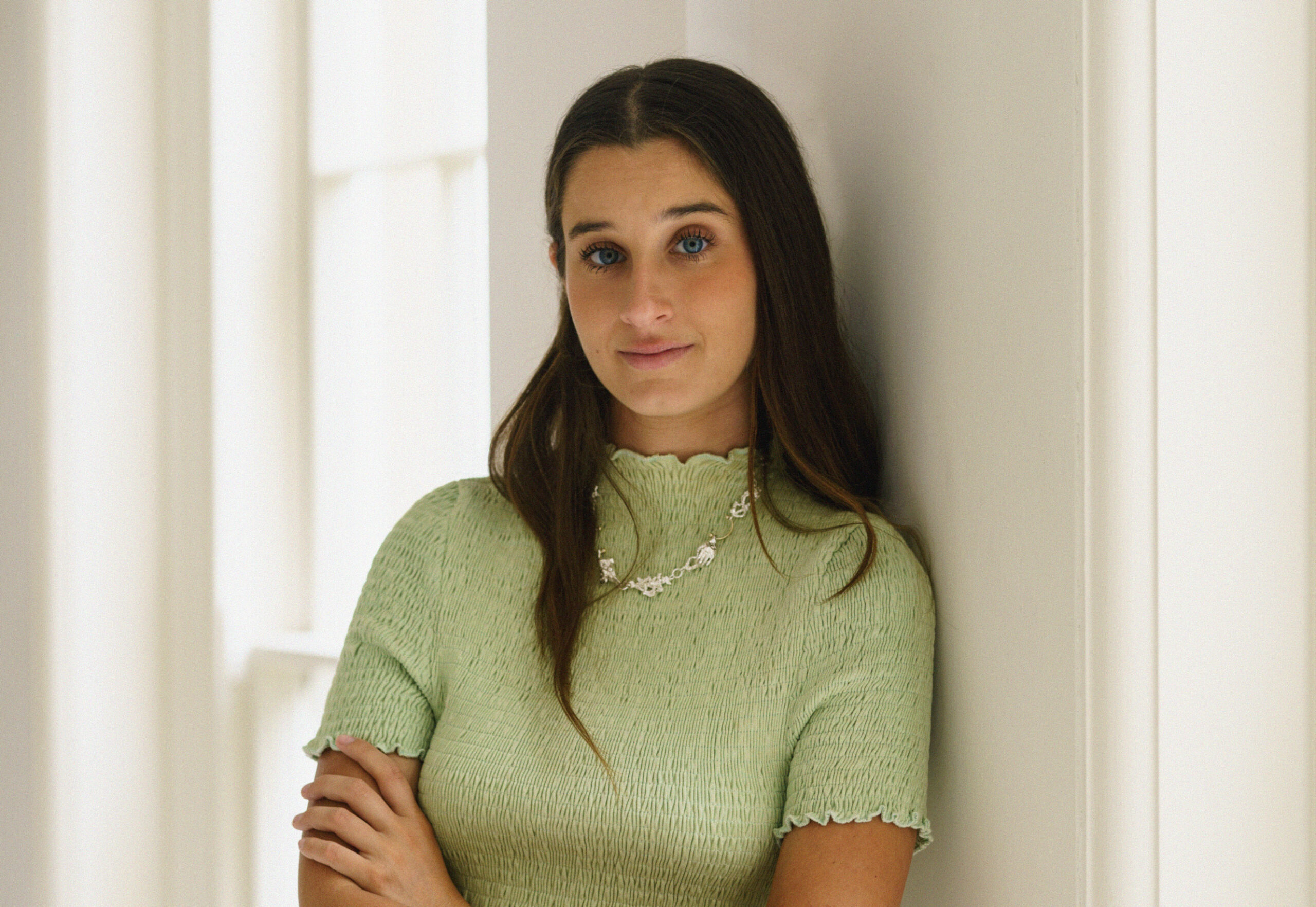

Ferguson’s Bite Back, similarly, is not structured like a conventional memoir. Although it hits similar beats (we get a sense of who Ferguson was as a child; her family life; how she came to found Cheek Media), it’s structured around broader political themes (a chapter on the Murdoch media; a chapter on the role of men in the feminist movement).
If these “memoirs” are anything to go by, readers don’t just want the stories of the authors’ lives—or, even, the most harrowing parts of their lives—but the stories of how these young women formed their principles. In answer to that question, why you, it seems sufficient that they say: because there are things I want to change.
But a publishing culture that prioritises the stories of activists is also a culture that allows social media to dictate its trends. Contos, Diviney and Ferguson – as well as Zara Seidler, the co-founder of Gen Z news outlet The Daily Aus, who is also releasing a book, No Silly Questions – all have tens of thousands of followers on Instagram (hundreds of thousands if you count the social media pages they run).
In each case, their books are continuations of their online activism—touching on many of the same themes. A spokesperson from Allen & Unwin confirmed that “In today’s landscape, social media followings are indeed a factor in securing a book deal. While not having a social media following won’t harm your chances of being published, having a social media following increases them.”
This emphasis on social media means that whatever structural problems are present in the attention economy will only be reproduced by the publishing industry. That is to say, if it’s the case that white, pretty young activists attract a bigger following than other demographics, then publishing will suffer the same limitations. Chanel Contos, for example, has spoken publicly about the extent to which whiteness and class privilege are factors that afford her a platform.
At the same time, Hannah Diviney’s success proves that social media is also enabling diverse voices to break into the publishing industry. Diviney’s memoir describes what it was like to grow up with cerebral palsy, and to never see people like herself represented in popular culture. I’ll Let Myself In, therefore, is both an articulation of her struggles with an ableist society, and an act of resistance against it. Her memoir and her career trajectory hint at the potential of social media to introduce into the publishing industry previously untold stories.
For a few years, it felt like women could speak up as long as they were prepared to bare all. It seems that—thanks no doubt to those brave women who shared their stories and proved, resoundingly, that there was a market for memoirs by young, female authors—that having our say no longer requires reading from the same script.
Want more stories like this? Sign up to PRIMER’s free weekly newsletter.




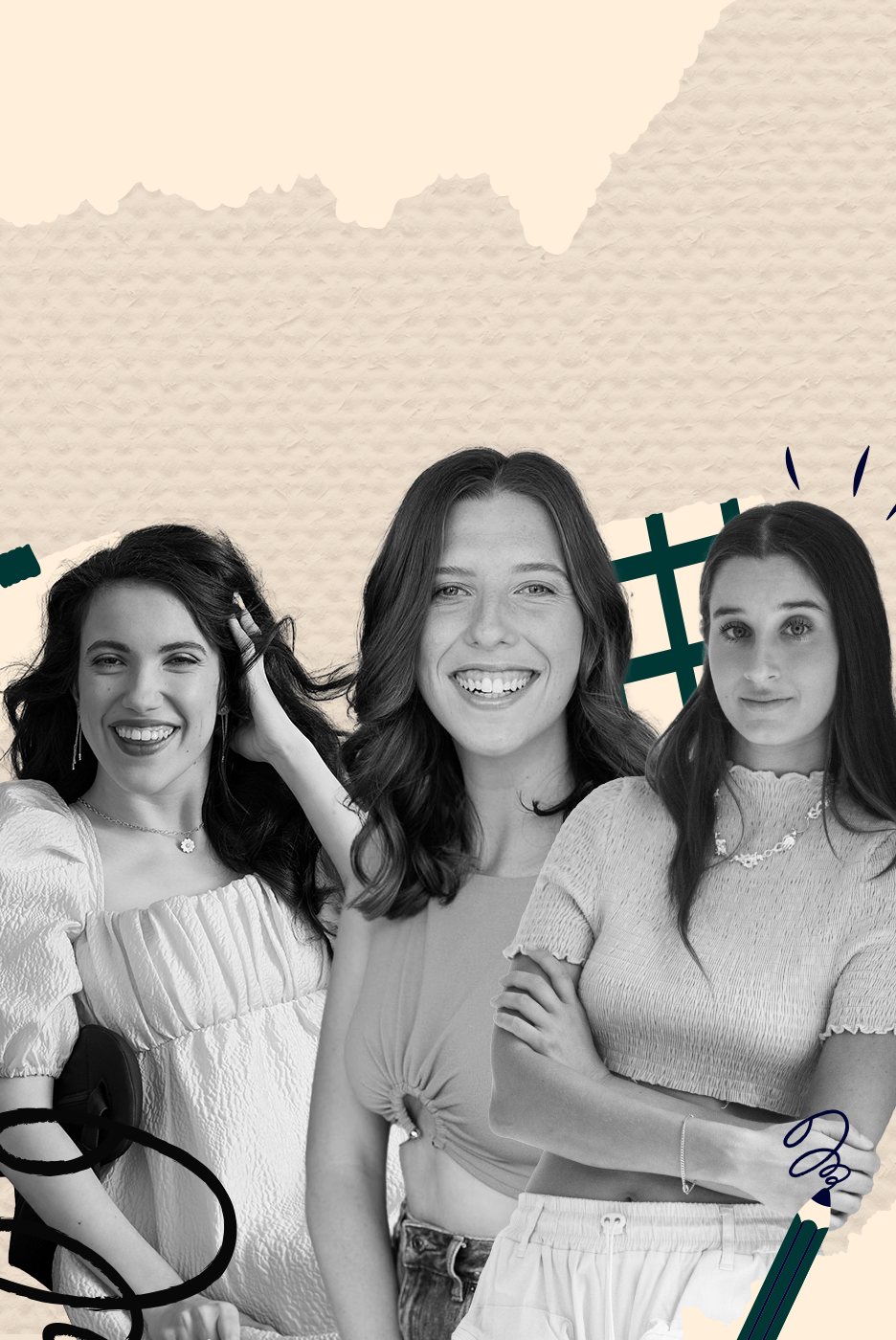



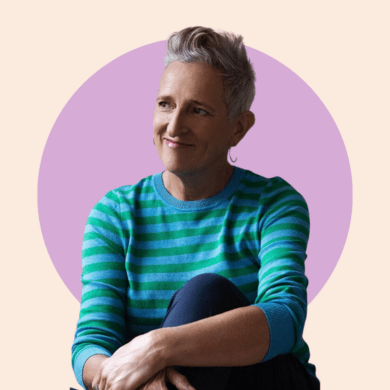
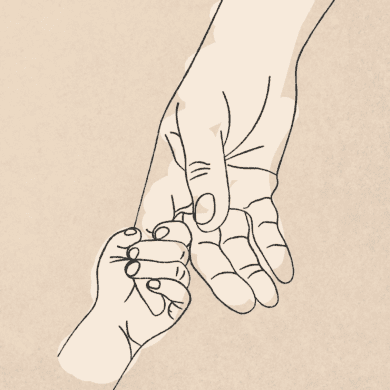
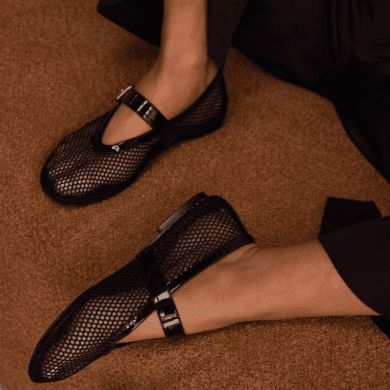


No Comments